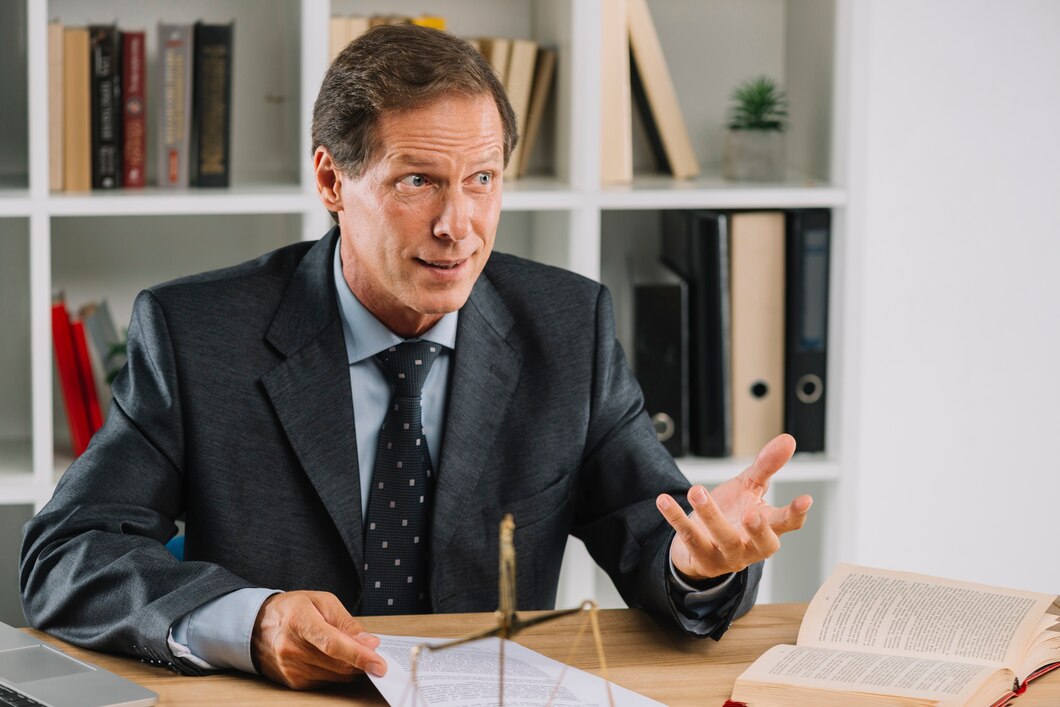Introduction
The C.W. Park USC lawsuit has garnered significant attention due to its implications for academic integrity and university governance. This case involves Professor C.W. Park, a distinguished faculty member at the University of Southern California (USC), and the legal battles that ensued. This article delves into the intricate details of the lawsuit, examining its background, key events, legal arguments, and the broader implications for the academic community.
Key Events Leading to the C.W. Park USC Lawsuit
Background of C.W. Park USC lawsuit
Professor C.W. Park is a prominent figure in the field of marketing, holding a distinguished position at USC’s Marshall School of Business. With numerous publications and accolades, Park has significantly contributed to his field, making the lawsuit all the more impactful.
Initial Allegations
The lawsuit’s origins trace back to allegations of misconduct and disputes over academic practices. These allegations were brought forward by colleagues and students, citing issues that ranged from plagiarism to administrative improprieties.
Formal Complaint C.W. Park USC lawsuit
In response to the allegations, a formal complaint was lodged against Professor Park, triggering an internal investigation by USC. This investigation aimed to uncover the validity of the claims and determine the appropriate course of action.
The Legal Battle Unfolds
Filing the Lawsuit
After the internal investigation, C.W. Park filed a lawsuit against USC, alleging wrongful treatment and defamation. Park argued that the university’s actions had tarnished his reputation and caused significant professional and personal harm.
Legal Arguments
Both parties presented compelling arguments. Park’s legal team focused on the lack of substantial evidence and procedural irregularities during the investigation. USC, on the other hand, defended its actions as necessary measures to uphold academic standards and integrity.
Court Proceedings
The case proceeded to court, where both sides presented evidence and testimonies. The proceedings were closely watched by the academic community, given the potential ramifications for faculty governance and administrative accountability.
Broader Implications of the C.W. Park USC lawsuit
Academic Freedom and Integrity
One of the central themes of the lawsuit is the balance between academic freedom and integrity. The case has sparked debates on how universities handle allegations of misconduct and the protections available to faculty members.
University Policies and Governance
The lawsuit has also prompted a re-evaluation of university policies and governance structures. Institutions like USC are now scrutinizing their internal procedures to ensure fairness and transparency in handling such disputes.
Impact on Faculty and Students
The outcome of the lawsuit has had a profound impact on both faculty and students. It has highlighted the importance of clear policies and fair treatment, reinforcing the need for a supportive and just academic environment.
FAQs C.W. Park USC lawsuit
What were the main allegations against Professor C.W. Park? The main allegations included misconduct related to academic practices and administrative improprieties.
What was the outcome of the internal investigation by USC? The details of the internal investigation’s findings were pivotal in shaping the legal arguments presented in court.
How did the lawsuit affect USC’s policies? The lawsuit led to a re-evaluation of USC’s internal policies and procedures to ensure fairness and transparency.
What are the broader implications of the C.W. Park USC lawsuit? The broader implications include discussions on academic freedom, integrity, and the governance of university procedures.
How has the academic community reacted to the lawsuit? The academic community has closely watched the case, with many advocating for clearer policies and protections for faculty members.
What steps are being taken to prevent similar disputes in the future? Universities are now focusing on enhancing their internal procedures and ensuring a fair and transparent process for handling allegations of misconduct.
Conclusion
The C.W. Park USC lawsuit serves as a significant case study in the realm of academic governance and integrity. It underscores the complexities involved in handling allegations of misconduct and the need for transparent and fair procedures. As the academic community continues to learn from this case, it remains a poignant reminder of the delicate balance between upholding standards and protecting individual rights.

